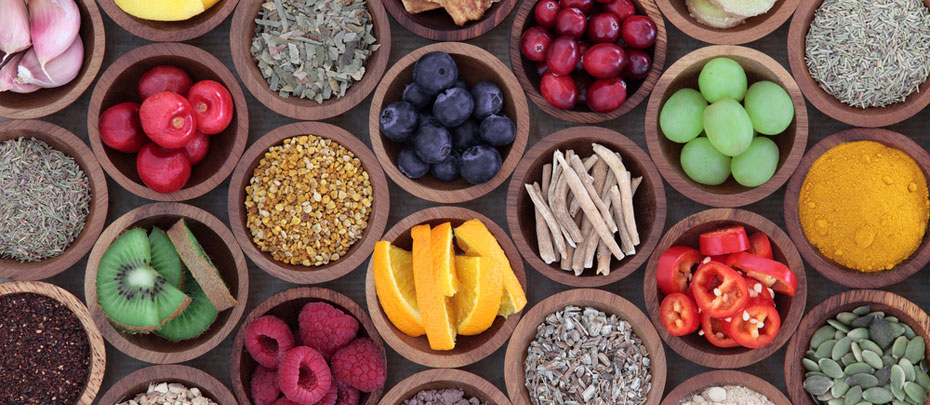Focusing on immune system nutrition year-round provides consistent support to your immune system. Start by incorporating these immune-supporting nutrients into your routine.
1. Protein
Many people turn to protein-rich poultry to help build muscle — but to support immune function? Yep, it can help with that too. A half cup of chopped chicken breast has approximately 20 grams of protein.
Proteins are digested down to their building blocks, amino acids. Your body not only uses amino acids to build muscle proteins, but research shows amino acids also nourish your immune cells. Immune cells are your body's internal defense system against infection, and they require amino acids to function and help keep you protected.
Don't like chicken? Pork, beef, soy (tofu, tempeh, edamame), yogurt, beans, eggs and protein-rich nutritional drinks like Ensure® Max Protein are good alternatives.
2. Probiotics
Both Greek and regular yogurt are rich in probiotics, a type of health-supporting bacteria. Once consumed, they live in the gastrointestinal tract and help support your immune system. Research also shows that probiotics play a key role in gut health by helping to improve gut barrier function, maintain the balance of microbiota and regulate immune response.
To make sure you're getting the most probiotic power out of your yogurt, look for "live and active cultures" on the label.
Don't like yogurt? You can get probiotics from fermented foods such as sauerkraut, kefir and kombucha.
3. Vitamin C
When you think of immune system nutrition, vitamin C might be the first thing that comes to mind. Citrus fruits are a well-known source of vitamin C, but bell peppers are one of the best foods for immune system support when it comes to consuming this key vitamin. A single cup of chopped bell peppers provides more than 100% of your daily vitamin C needs.
This water-soluble vitamin plays an important role in immune function. Not only does vitamin C help support the function of white blood cells, which help ward off infection, but it also works as an antioxidant, protecting immune cells from free-radical damage.
Don't like bell peppers? Broccoli, papaya, strawberries and citrus fruits such as grapefruits and oranges all contain vitamin C.
4. Vitamin D
Most milk is fortified with vitamin D. A single cup of fortified milk contains about 3mcg of vitamin D, accounting for nearly 15% of the daily recommended value for people up to age 70.
Focusing on your vitamin D intake is especially important during flu season, as vitamin D supports immune function in the human body. Most vitamin D in the body is produced through sun exposure, so the risk of vitamin D deficiency may increase during the dark days of fall and winter.
Don't like milk? Salmon and canned tuna are other sources of vitamin D. And, like dairy milk, many soy milks, breakfast cereals and orange juices are fortified with vitamin D.
By prioritizing immune system nutrition year-round, you can give your body the support it needs to function well throughout flu season.
Article originally published on April 5, 2023; updated Oct 3, 2023




Social Share